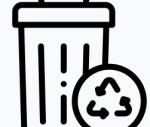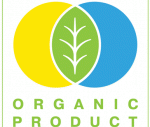EAEU: Entry into force of "EurAsia REACH" is delayed again
The entry into force of the EAEU Technical Regulation 041/2017 on the Safety of Chemical Products (“the EurAsia REACH” which is also called "Russia REACH") has been delayed again. It is likely that the TR is to enter into force around 2025-2026.
The main reason for so many delays is the absence of the adopted “second-level” legislation that would regulate chemical notification procedure and creation of the EAEU Chemical Registry.















